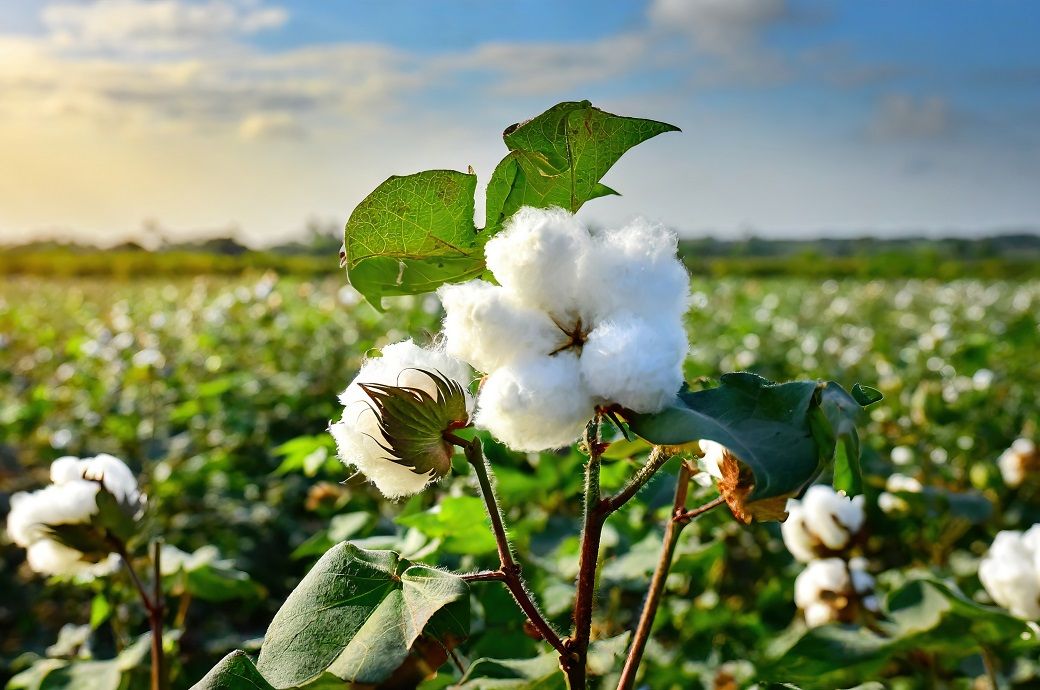
Clarifying recent misleading statements, Agricultural and Processed Food Products Export Development Authority (APEDA) said that it does not provide any subsidies for organic cultivation under NPOP, debunking claims of ₹50,000 per hectare support as baseless, the ministry said in a press release.
NPOP employs a stringent third-party certification system recognised by the European Commission, Switzerland, Great Britain, and accepted by Taiwan under a mutual recognition arrangement. Currently, 37 certification bodies, including 14 state bodies, operate in India under this system.
Internal Control Systems (ICS) under NPOP conduct biannual internal inspections of farmers, complemented by annual audits by Certification Bodies (CBs) and unannounced inspections by NAB through APEDA. Despite these robust checks, some malpractices have been reported.
In response, APEDA has tightened regulations, including legal and procedural reforms, zone-based certification for cotton, and upcoming mobile app-based inspections. APEDA reaffirmed its commitment to a credible and transparent certification system, stating that violators are investigated and penalised in accordance with NPOP regulations.
Launched in 2001 by the Department of Commerce, NPOP was designed to facilitate organic product exports, with APEDA acting as the implementing secretariat. In 2005, the grower group certification system was introduced to accommodate small and marginal farmers.
ALCHEMPro News Desk (SG)
Receive daily prices and market insights straight to your inbox. Subscribe to AlchemPro Weekly!